
The Brics and Switzerland: aspirations and reality

What is the significance of the Brics group of states and how should Switzerland position itself regarding them? The perspectives on this differ.
The Brics group has been trying to shake up international politics for almost two decades. The “loose gathering of states”, as a report by the Swiss foreign ministry puts it, presents an “effectively staged and propagated world and self-image” at its summits, which is attractive to emerging and developing countries: a “world order” that has to adapt to new centres of power.
However, the term was coined in 2001 by an economist at the US investment bank Goldman SachsExternal link, of all people, who used the slogan “Building Better Global Economic BRICs” to draw attention to the economic growth and importance of Brazil, Russia, India and China (the group was later joined by South Africa). This was almost a decade before the first Brics summit in Yekaterinburg, Russia, during the 2009 financial crisis.
Since then, the group has grown in importance. More countries have joined and around half of the world’s population now lives in a Brics country; together they represent over 40% of global gross domestic product (GDP). The group has just under a dozen partner states, and around 30 other countries have expressed an interest in joining. However, it remains difficult to grasp what the Brics are all about: they are not an alliance, nor do they share a common free trade area. There is still no permanent secretariat.
Nevertheless, the group of states should not be underestimated, says Swiss political consultant Remo Reginold. On the contrary, “I see the Brics as a symbol of a development that heralds a new era in global politics”.
For Reginold, the term “conglomerate” is best suited to the group of states: a cluster of different materials with different structures, sizes and characteristics that are held together by a matrix. This common matrix is the endeavour to jointly break Western dominance in the world.
Among other things, the Brics are calling for a reform of the UN and the Bretton Woods institutions (International Monetary Fund and World Bank). In particular, the interests of the Global South should be better represented.
The group of states has established its own institutions, such as the New Development Bank (NDB), and also maintains working groups and transnational partnerships. “With this network of relationships, Brics is creating a new form of international cooperation,” Reginold says. And one that is not orientated towards Western rules and regulations.
For Reginold, “Switzerland and the West in general” must learn to “understand the Brics and read their signs correctly”. Because of the Western perspective, too little research has been done into how the group’s informal networks function, he says.
If Switzerland behaved skilfully and contributed its networks, flexibility and interests, “Switzerland would even have the potential to become a bridge builder between the Global North and the Global South”, Reginold says. He adds, however, that this also includes development cooperation, where Switzerland, like many Western countries, is currently cutting back.
Read how, where and why Switzerland is reducing its development aid:

More
How Switzerland is managing foreign aid at a time of global upheaval
What do the Brics mean for the liberal world order?
Other experts attribute less importance to the Brics. Eveline Hutter and Simon Stocker from the Swiss thinktank Avenir Suisse described a “fuss about the Brics” in 2024.
Hutter and Stocker recognise a new self-confidence among “non-Western countries” but emphasise that “beyond the rhetoric”, economic development – with the exception of China – has been “comparatively disappointing”. They also point to the many differences and even contradictions within the group of states. For example, some Brics members have a tense bilateral past, such as China and India.
In Avenir Suisse’s analysis, it is “almost impossible” that the Brics will “develop into a power bloc that is decidedly hostile to the West”. Nevertheless, they recognise that Switzerland should keep an eye on developments.
International experts also see the Brics less as a rival to the West and more as a complementary platform.
For Kai Michael Kenkel from the Pontifical Catholic University of Rio de Janeiro, it depends on how the West behaves. Is it prepared to make the required reforms and give the Global South a greater voice? Kenkel names a wide range of areas, from financial infrastructure to development cooperation, in which the West must make a move.
“If it refrains from doing so, those Brics states that are striving for a complete rejection of the Western world order could prevail,” he says. “Reforms are certainly the better alternative for the West.”
However, Kenkel also points to the internal heterogeneity of the group of states, in terms of values and form of government. Brics countries that feel more inclined towards Western values, such as Brazil, are increasingly seeing themselves sidelined.
“In Brazil, there was great concern that authoritarian states have been in the majority since the expansion of the Brics,” he said. However, this also meant that the group was more politically divided and lacked a common strategic compass, he added.
Jagannath Panda, head of the Stockholm Centre for South Asian and Indo-Pacific Affairs, uses the example of India to explain the risks that would arise if the Brics began to formalise their institution. “China is a rival for us on the one hand, but also our most important trading partner on the other.”
While many would see the Brics as a project controlled by China, for India they are an important part of its foreign policy strategy, he said. “India sees Brics primarily as a multipolar base to expand its economic reach in the Global South, including the Middle East and beyond.”
In turn, India can benefit from Russia in terms of raw materials: for its own benefit but also for resale to Western countries that no longer buy Russian oil directly due to sanctions. The war in Ukraine is thus influencing the increased cooperation between Russia and the Brics states.
Is Switzerland important for the Brics?
Some of the Brics countries are very different. One has to look at relations with the individual countries accordingly. “Switzerland is perceived as a neutral country by the Brics, and many states therefore also tend to have a neutral relationship with it,” says Panda. This increases the scope for cooperation, he adds.
Panda explains that as Switzerland was not a colonial power and is non-aligned, it is also not the cause of the frustration that led to the formation of the Brics. As a country with a large population, India is definitely interested in Switzerland’s expertise in areas such as technology, education and hosting conferences, he says.
Kai Michael Kenkel takes a similar view. “For Brazil, Switzerland is primarily a partner for high-quality areas.”

More
Our weekly newsletter on foreign affairs
How should Switzerland deal with the Brics?
Switzerland maintains bilateral relations with the individual countries and recognises “the increasing importance of the BRICS states”, as stated in the central foreign policy reportExternal link. However, Switzerland’s purely economic significance is also “rather low” compared to the EU and the US.
“Despite global growth,” says the report from the beginning of 2025, “around 12% of Switzerland’s foreign trade is accounted for by the Brics countries, with China dominating.” In contrast, the EU accounts for around 52% and the US for around 17%.
However, regardless of the foreign trade balance, official Switzerland sees a shift in geopolitics towards the Brics countries. The group has “sufficient political and economic power” to lend credibility to its narrative of a “shift away from the previously dominant states of the West”.
From Switzerland’s point of view, the group’s “claim to shape the future” should not be seen as “purely negative”. The decisive factor is whether the Brics states not only insist on a change in the international order, but also “effectively fulfil this co-responsibility”. In the process, however, there is a risk that democracy and human rights will be “questioned, reinterpreted or pushed back by geopolitics”.
According to its report, the government would like to counter these developments by advocating a targeted strengthening of multilateralism. “It is particularly important to respect the primacy of international law,” the foreign policy report states.
Edited by Giannis Mavris. Translated from German by DeepL/ts
More

In compliance with the JTI standards
More: SWI swissinfo.ch certified by the Journalism Trust Initiative





































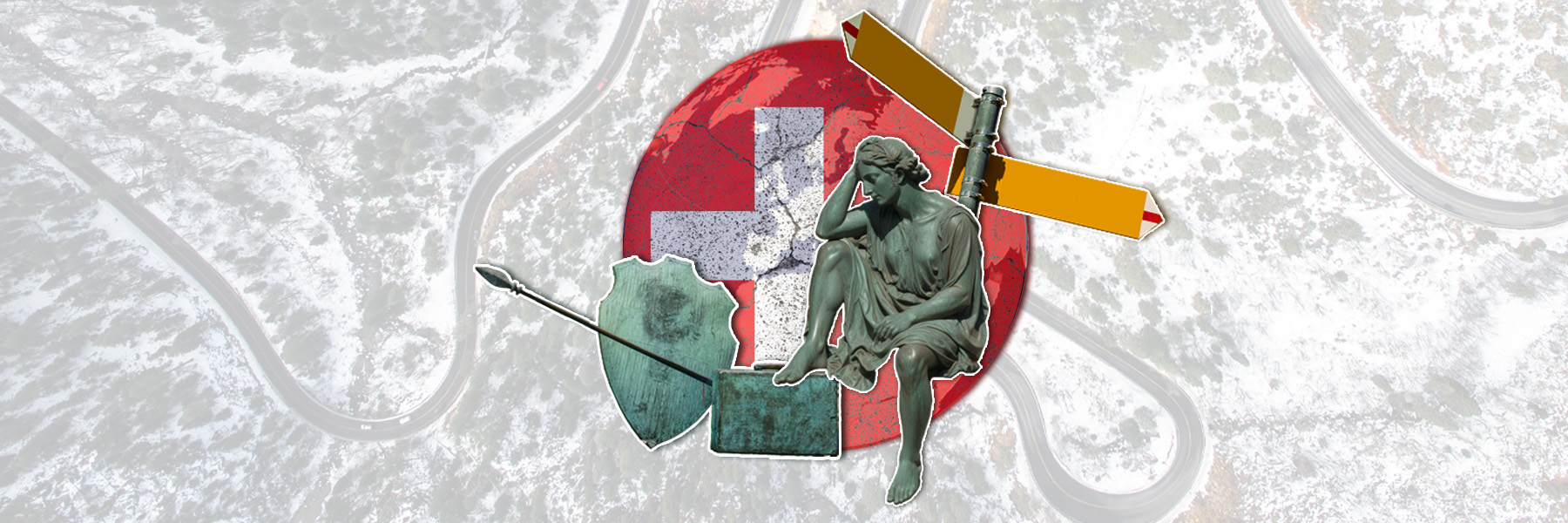

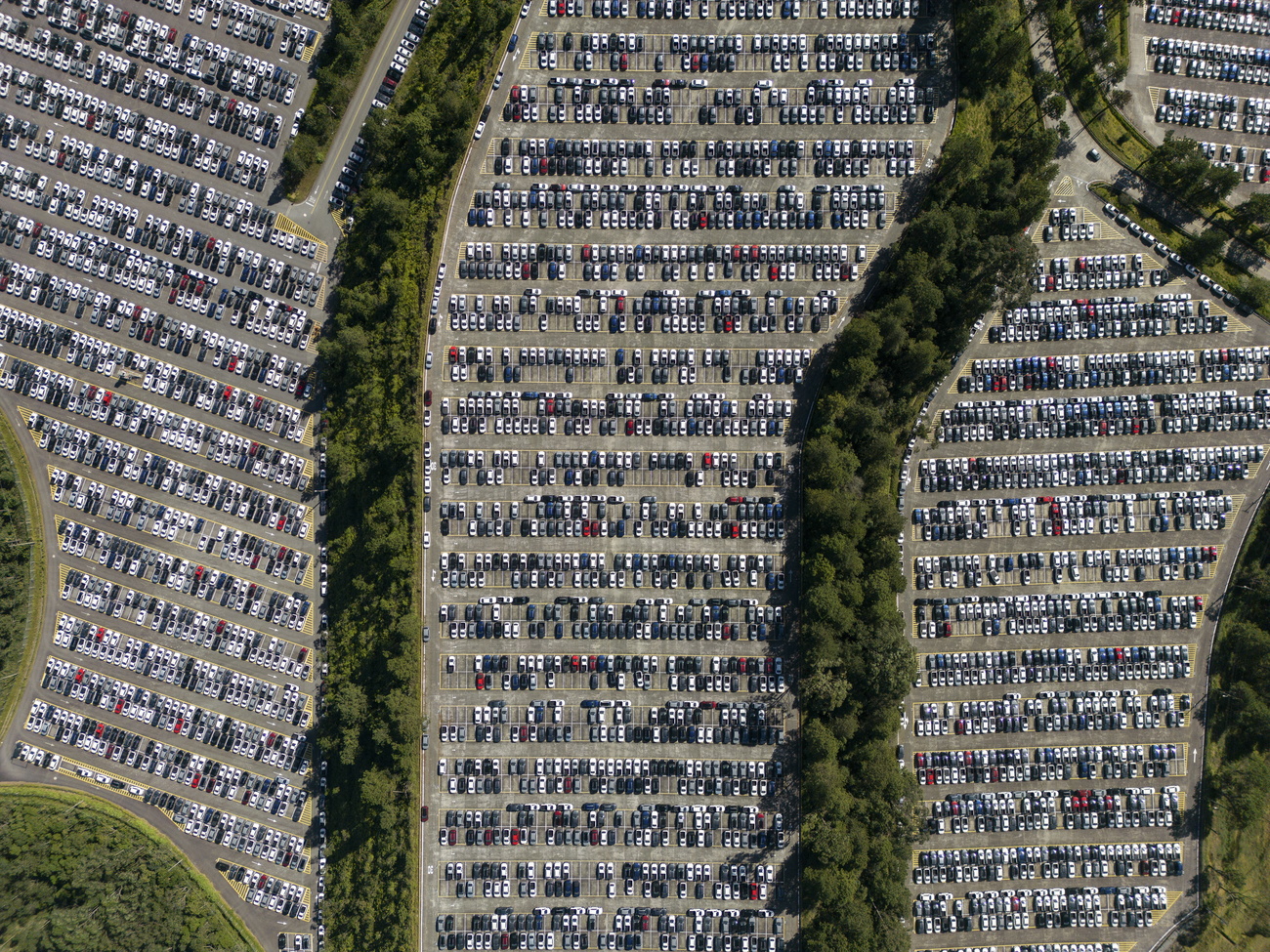
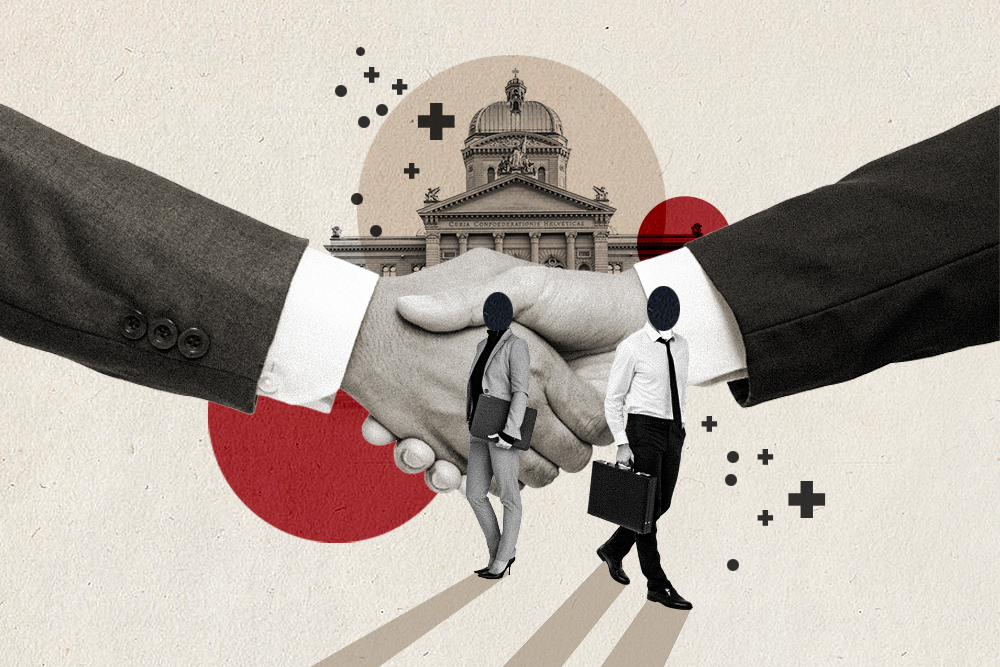

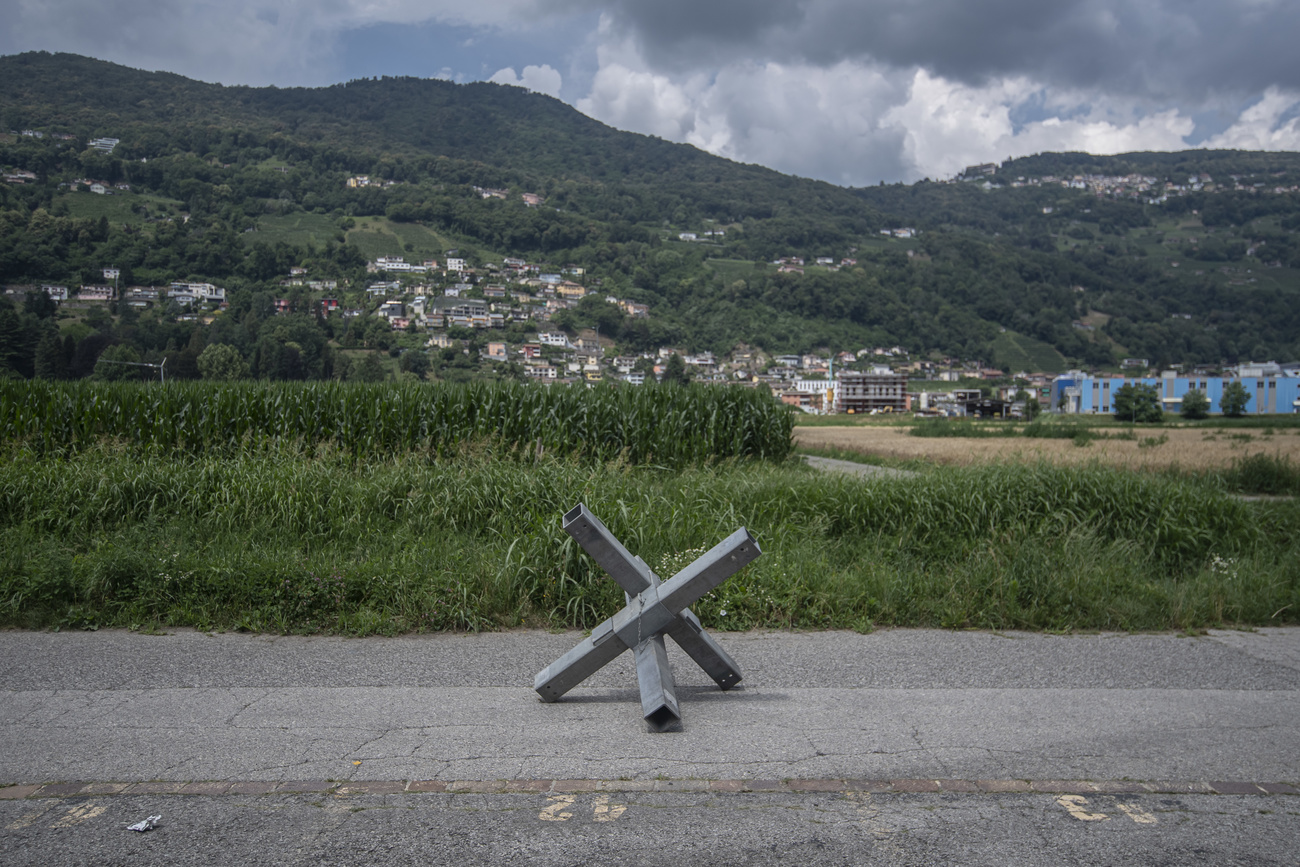
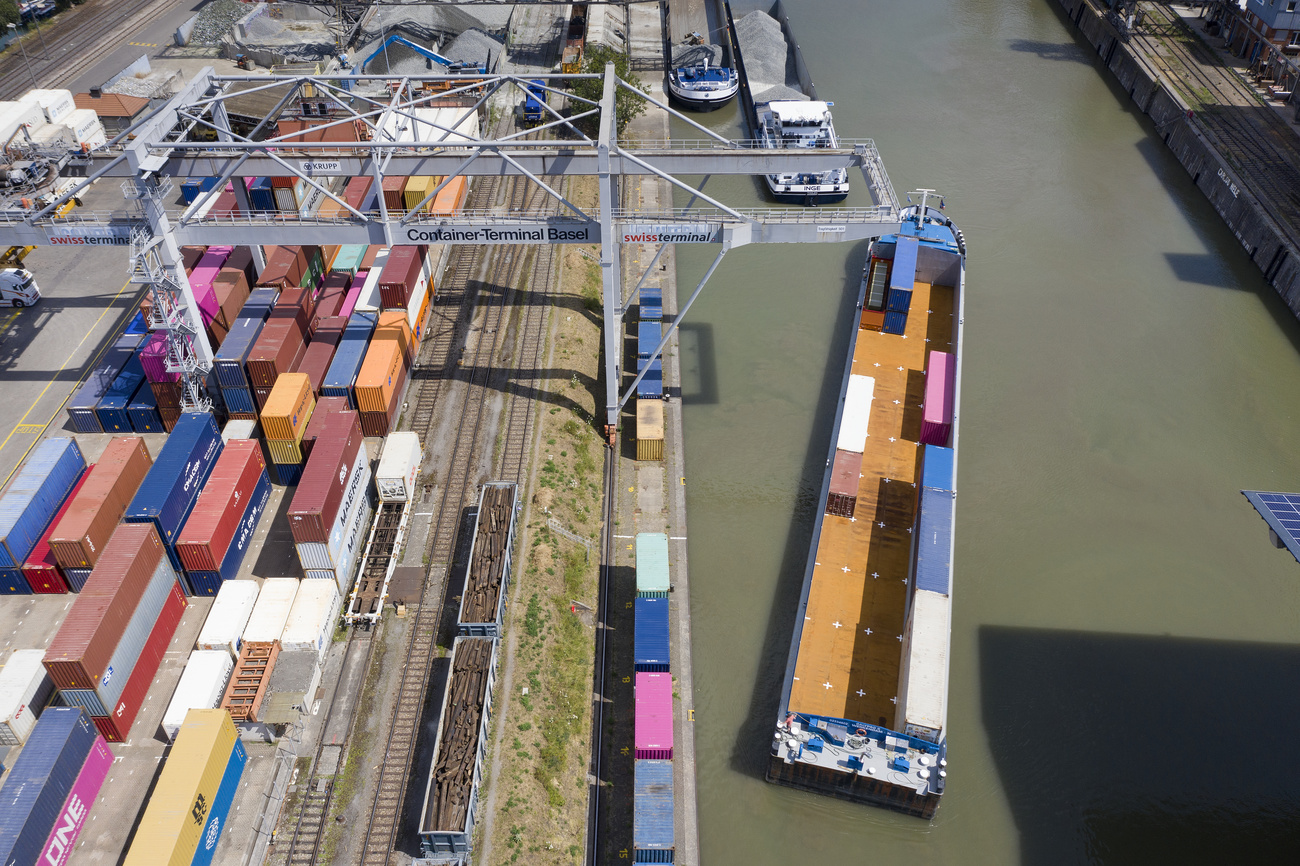
You can find an overview of ongoing debates with our journalists here . Please join us!
If you want to start a conversation about a topic raised in this article or want to report factual errors, email us at english@swissinfo.ch.